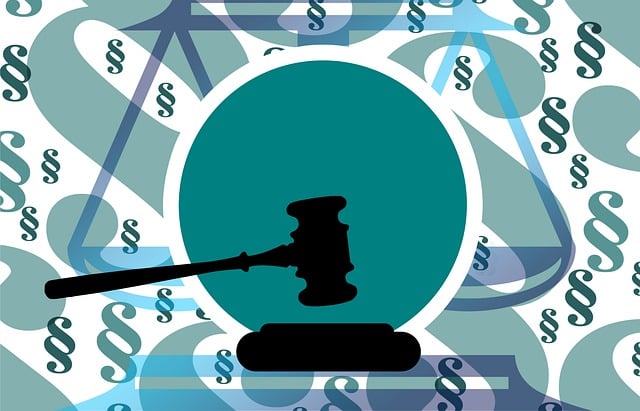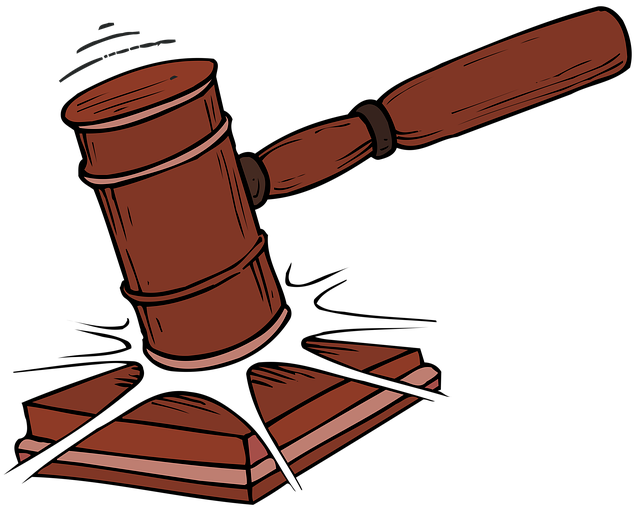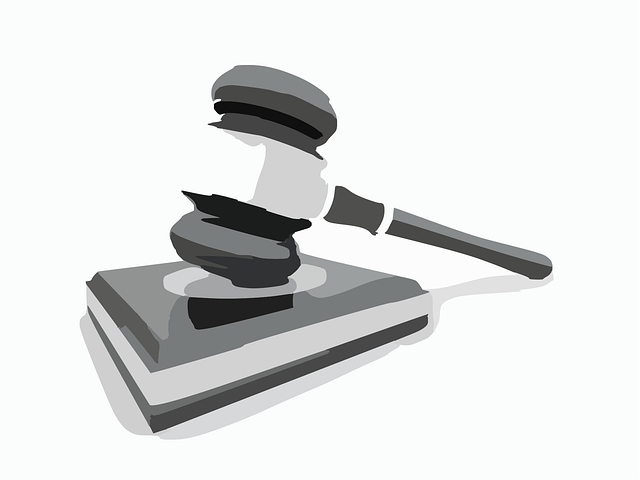In finance crime investigations, due process is a cornerstone of justice. It guides every step from evidence gathering to sentencing, ensuring fairness and protecting individual rights. By balancing swift action with procedural safeguards, due process prevents wrongful convictions and influences sentences, especially in complex white-collar cases. Understanding its impact on sentencing leads to more balanced justice, fostering public trust through transparent, fair trials. Robust due process reforms are crucial for fighting economic crimes, ensuring accountability and equal treatment under the law.
“In the intricate realm of financial crime investigations, ‘Due Process’ emerges as a pivotal concept, shaping the course of justice. This comprehensive article delves into the multifaceted aspects of Finance Crime Probes, exploring how Due Process navigates the complex web of criminal inquiries. We dissect its role in sentencing procedures, revealing its profound impacts on case outcomes. Through real-world case studies, we demonstrate the influence of due process and propose reforms to enhance transparency and fairness in the justice system, especially regarding How Due Process Affects Sentencing.”
- Understanding Finance Crime Probes: Unraveling the Complex Web
- The Role of Due Process in Criminal Investigations
- Impacts of Due Process on Sentencing Procedures
- Case Studies: When Due Process Influenced Outcomes
- Enhancing Transparency and Fairness Through Due Process Reforms
Understanding Finance Crime Probes: Unraveling the Complex Web
Finance crime probes delve into the intricate financial networks where illicit activities often take root. These investigations are complex, requiring a meticulous unraveling of a web that intertwines corporate and individual clients, philanthropic and political communities, all while seeking to uncover hidden transactions and their impact on society.
Understanding the intricacies involves recognizing how due process affects sentencing – a critical aspect in achieving extraordinary results. Rigorous procedural adherence ensures fairness, balancing the need for swift action against potential miscarriages of justice. By meticulously documenting each step, investigators enhance transparency, fostering public trust and upholding the integrity of the system, ultimately strengthening defenses against financial crimes.
The Role of Due Process in Criminal Investigations
In finance crime probes, due process plays a pivotal role in ensuring that investigations are conducted fairly and justly. It involves a series of procedural steps designed to safeguard the rights of individuals under investigation, including the right to know the charges, present evidence, confront witnesses, and have legal representation. This process is crucial for maintaining public trust in the criminal justice system and preventing wrongful convictions. When properly followed, due process helps to achieve extraordinary results by ensuring that only those with solid evidence against them are prosecuted.
The impact of due process extends beyond the investigatory phase, significantly affecting sentencing as well. In white-collar defense cases, where complex financial transactions are involved, a thorough understanding and adherence to due process can lead to more balanced outcomes. It enables legal teams to challenge evidence, question witnesses, and present mitigating factors that might influence the severity of the sentence. This is particularly important in general criminal defense, ensuring that sentencing aligns with the defendant’s rights and the facts of the case, ultimately preventing overly harsh penalties for non-violent offenses.
Impacts of Due Process on Sentencing Procedures
The due process clause, a cornerstone of criminal justice, significantly shapes sentencing procedures by guaranteeing fairness throughout the legal process. This constitutional principle ensures that individuals facing charges are afforded specific rights, such as the right to be informed of the nature and cause of the accusation, the right to confront witnesses, and the right to an attorney. These safeguards not only protect the accused but also influence how judges determine sentences. A fair trial, grounded in due process, helps prevent arbitrary or unfair punishment, ensuring that sentencing is based on substantial evidence and the specific circumstances of the case.
How Due Process Affects Sentencing impacts every stage of the investigative and enforcement process, from gathering evidence to presenting it in court. For corporate and individual clients alike, this means that any errors or violations during these stages could lead to a complete dismissal of all charges. Consequently, due process serves as a vital mechanism for maintaining the integrity of the criminal justice system, ensuring that sentences are just and proportionate to the crimes committed.
Case Studies: When Due Process Influenced Outcomes
In the realm of finance crime probes, understanding how due process influences sentencing is crucial. Case studies demonstrate that when defendants are afforded proper due process, outcomes often reflect a more balanced approach to justice. For instance, in several high-profile white collar and economic crimes cases, corporate and individual clients have benefited from thorough investigations that consider all mitigating factors. This ensures that sentences are proportional to the offenses committed, rather than driven by sensationalism or punitive measures.
Proper due process involves not only a fair trial but also meticulous pre-sentencing procedures. It includes the examination of financial records, legal arguments from both prosecution and general criminal defense attorneys, and input from victims. This comprehensive approach allows judges to make informed decisions, considering not just the letter of the law but also the unique circumstances surrounding each case. As a result, it fosters trust in the justice system and helps maintain the integrity of sentencing procedures.
Enhancing Transparency and Fairness Through Due Process Reforms
In the fight against finance crime probes, particularly involving complex cases of white-collar and economic crimes, enhancing transparency and fairness is paramount. One of the key mechanisms to achieve this is through robust Due Process reforms that significantly impact sentencing. How Due Process affects sentencing cannot be overstated; it ensures that every individual, regardless of their financial standing or influence, receives a fair trial. This involves meticulous procedures that safeguard against arbitrary decisions, providing clear guidelines for investigators and judges alike.
By implementing these reforms, the justice system becomes more accountable, ensuring that convictions rest on solid evidence and adherence to legal principles. For clients facing charges in these challenging cases, having an attorney adept at navigating such complexities can make a substantial difference. Winning challenging defense verdicts is not just about proving innocence; it’s about ensuring due process rights are respected, fostering public trust in the criminal justice system, and upholding fairness within the economic landscape.
Finance crime probes demand a delicate balance between effective investigation and respect for due process. As we’ve explored, understanding the intricacies of these procedures is vital to ensuring fairness in sentencing. By upholding due process, we can strengthen the integrity of financial crime investigations, ultimately enhancing transparency and public trust. Reform efforts should focus on streamlining processes while safeguarding individual rights, as demonstrated by successful case studies. Such measures will not only improve outcomes but also reinforce the principles of justice in the digital age.






